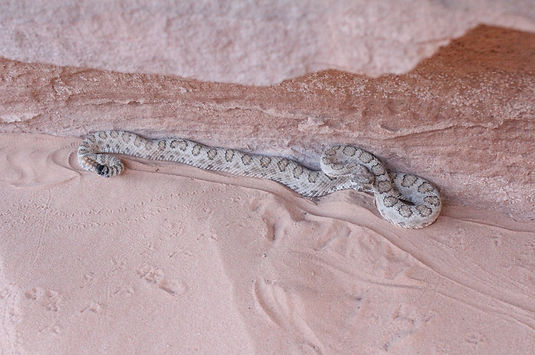Serving Mendocino, Lake, Sonoma, Napa, and Marin counties.


Safe, compassionate, reliable service for rattlesnakes and people.
Why not just kill the snake?
Some things to consider:
-
You stand a far greater risk of being bitten by a snake if you're trying to kill it. Statistically, a strong majority of bites occur when a person is attempting to inappropriately handle or kill the snake in question. This article offers a synthesis of some common statistics associated with snakebite in the United States.
-
In addition to the obvious danger to one's health, being bitten by a rattlesnake can be an extremely expensive proposition. In the United States, treatment for snakebite has been known to cost patients tens of thousands of dollars - it's not worth the financial risk.
-
Long thought to possess a relatively mild venom, recent data suggests that Northern Pacific rattlesnakes (the species native to our response range) are highly ranked in venom toxicity by LD50 - the dose of venom at which 50% of test subjects (usually mice) die within a given time. In short, they demand a lot of respect, and the risk associated with a bite is potentially higher than some realize.
-
Rattlesnakes play a vital role in the ecosystems they inhabit, in addition to performing a number of ecosystem services that directly benefit people, such as significantly reducing the numbers of pest and disease carrying rodents. Over millennia, they have adapted to be near-perfect ambush predators with complex social behaviors and inoffensive habits that are incredibly valuable both in ecological and symbolic terms.
